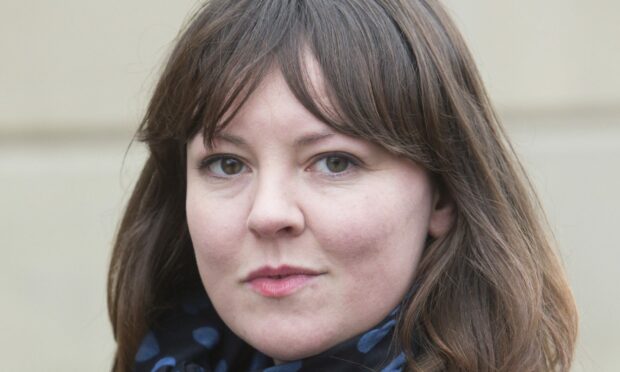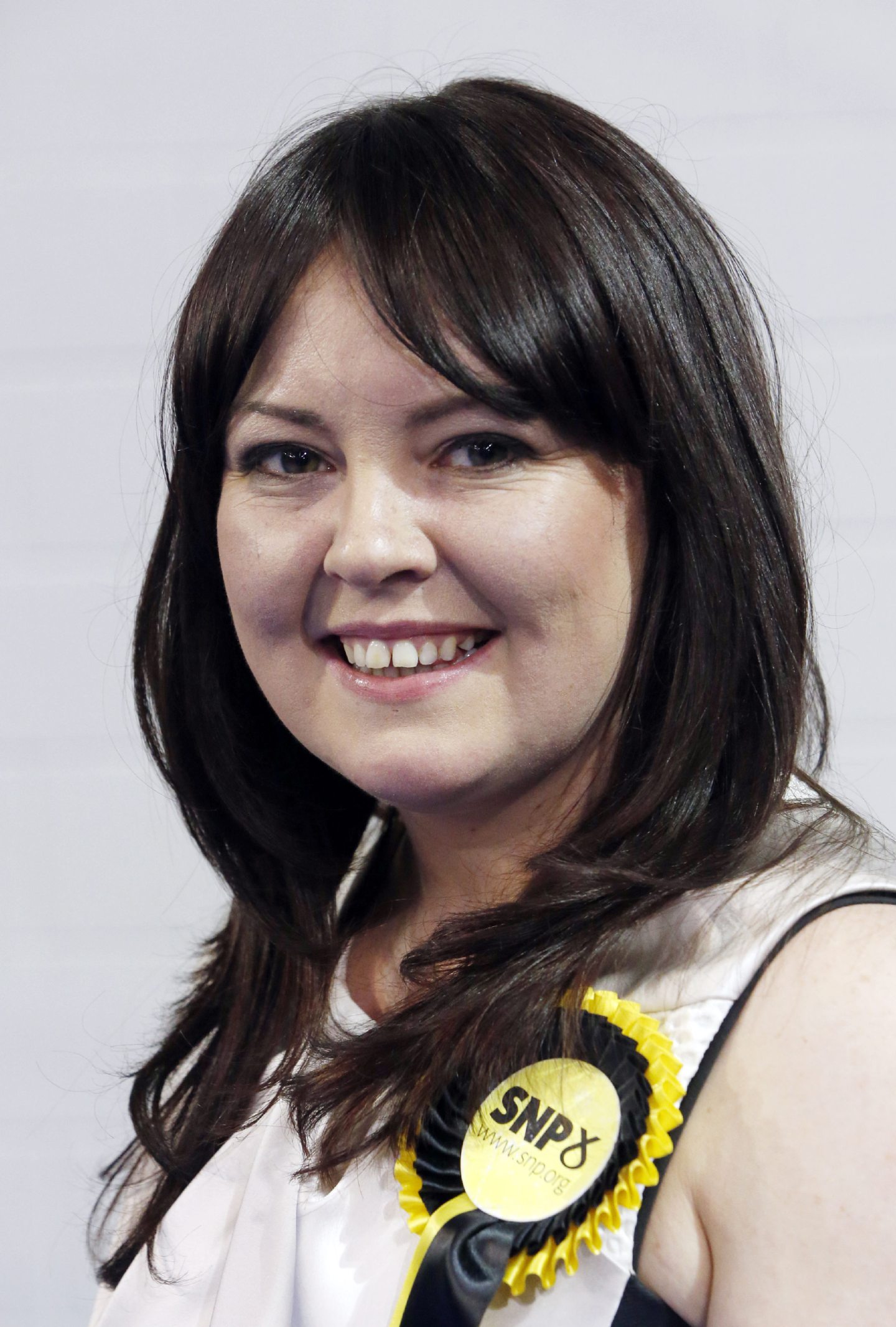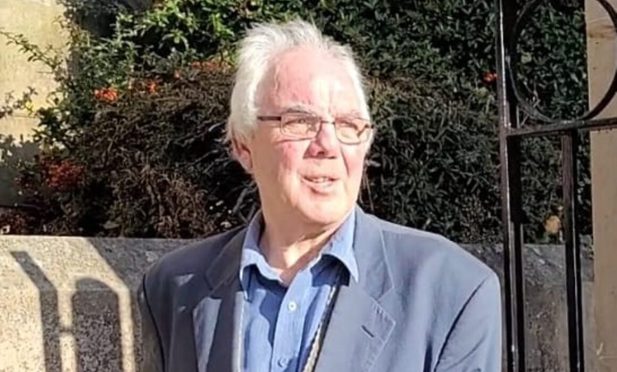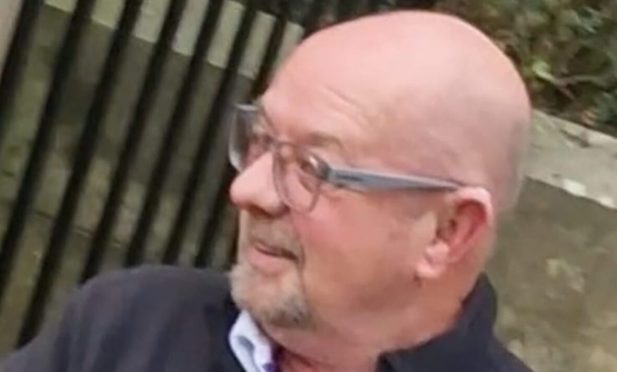The chaotic circumstances which led to Fife-born former MP Natalie McGarry being convicted and then cleared of embezzling funds from pro-independence groups have been laid bare.
Former Glasgow East MP McGarry suffered “a miscarriage of justice” when she pled guilty to embezzling funds in 2019.
McGarry, 41, from Inverkeithing, has since been found guilty following a trial.
However, the jury had been unaware McGarry had previously pled guilty to the charges, was jailed for 18 months and then successfully appealed against her conviction.
The reasons for that 2019 decision – and the chaotic lead-up to her court appearance – have now been released.
McGarry currently awaits sentencing for the subsequent conviction.
The charges
On April 24 2019, McGarry pled guilty to a charge of embezzling £21,000 while treasurer of the Women for Independence (WfI) organisation in 2013 to 2015 by transferring funds into her own bank, failing to transfer them to their intended recipients and drawing cheques and depositing them in her own account.
She also admitted embezzling £4,661 as treasurer of the Glasgow Regional Association of the SNP between 2014 and 2015 by using similar methods.
Some of the money was supposed to be donated to Perth and Kinross Foodbank, according to the charge.
Not guilty pleas to a further two charges were accepted by the Crown.
On May 1 2019, her motion to be allowed to withdraw guilty pleas was refused by the presiding sheriff and he jailed her for 18 months.
McGarry appealed, citing the conduct of the sheriff and her poor legal representation.
She was successful and her conviction was set aside and a new trial arranged.
A written judgement by Lord Turnbull on the Court of Appeal’s decision – dated December 19 2019 – outlines the reasons.
Refusal to engage
The judgement notes how on March 7 2018, McGarry instructed solicitor Mathew Berlow to act for her, some 18 months after she was first interviewed by police after being reported by WfI.
An indictment and a statement of evidence were served on McGarry on December 20 2018 and when McGarry appeared in court the following month, it emerged she had not yet discussed the cases with her legal team.
At a subsequent meeting with Mr Berlow and Advocate John McElroy, McGarry again refused to even read the indictment.
By the next court appearance, on February 21, they still had not received instructions from their client. and pleas of not guilty were tendered.
A psychologist’s report found McGarry suffered depression, anxiety and panic attacks and “a long history of default extreme avoidant style of coping in relation to difficult or stressful situations” but she was fit to stand trial.
Negotiations took place with the Crown regarding a possible plea, although McGarry maintained her innocence.
Just two weeks before the trial was due to begin, Mr Berlow said he could not proceed with the trial and McGarry took new counsel.
She finally began to engage with the lawyers, according to Lord Turnbull’s judgement.
Plea deal pressure
McGarry challenged elements of the previously-agreed evidence and said she could account for sums of money allegedly stolen but a motion to adjourn the trial was refused by the sheriff.
Lord Turnbull writes, the day before the trial was due to begin: “Mr Berlow contacted the appellant (McGarry) by phone and explained that the procurator fiscal was willing to accept a plea which involved a substantial reduction of the sums referred to in the charges.
“The appellant’s account of this discussion was that, on her understanding of the defence accountant’s report, the headline figure ought to be reduced much further than that suggested by the procurator fiscal.
“The appellant’s account was that Mr Berlow told her that she had around 20 minutes to accept the deal and that if she did not accept the plea on offer she would require to conduct the trial herself, which he said was due to last for six weeks.
“The appellant’s position was that at around 5pm… she informed Mr Berlow that she was reluctant and not well enough to stand trial, but she would accept the offer as she felt she had no other choice.”
Lawyer withdraws at court room doors
However, on the very day of the trial, McGarry disputed the Crown’s narrative and even – in the presence of her lawyer – called a recipient of a disputed £2,000 to show the sum had been paid.
Lord Turnbull states: “Mr Berlow informed the appellant that the Crown were not prepared to countenance any further adjustment.
“During the course of these discussions Mr Berlow required the appellant to sign a document explaining that she was pleading guilty in the terms negotiated by him with the Crown and was doing so under no pressure from him.
“Mr Berlow also explained in his response that the appellant apologised to him
during the course of these discussions for failing to engage with him earlier and explained that she was only now able to concentrate on the detail of matters because she had started taking medication for depression and anxiety and her ability to concentrate had dramatically improved.
“The discussions between the appellant and Mr Berlow continued up until the point
at which the case was called (at around 3pm).
“As they were making their way to the court room Mr Berlow informed the appellant that he could not tender a plea of guilty on her behalf as he considered that she was pleading guilty as a plea of convenience and was not accepting her guilt.
“Moments later, when the case called, the sheriff was informed by Mr Berlow that he
was withdrawing from acting.”
Guilty plea
After a “fraught” conversation with Mr Berlow, Sheriff Paul Crozier stated the trial would begin the next day and gave McGarry just 10 minutes to consider her position.
Lord Turnbull writes: “The sheriff asked the appellant if she took issue with anything in the narrative.
“She said that she did but that ‘we are where we are’.”
A motion to withdraw the plea was refused a week later, with the sheriff ruling McGarry had been legally represented, had understood the charges and was under no medical restriction.
Crying in dock
McGarry’s later appeal hinged on the breakdown in her relationship with Mr Berlow and history of poor mental health.
It was also pointed out she was given little time to decide what to do at the final hearing and did not appreciate she could have pled not guilty or sought alternative legal representation.
A witness recalled she was “extremely distressed and crying as she stood in the dock”.
He added; “After the case was recalled and the sheriff canvassed the pleas with her he explained that she continued to cry and shake in the dock.”
For the Crown’s part, they said: “It was clear that the appellant had authorised her representatives to negotiate a plea of guilty.
“Discussions had taken place over a lengthy period of time and those had met with
some success.”
Appeal success
The appeal judges noted McGarry did not have “a single constructive discussion with her solicitors, or provided them with any indication of what her intention was concerning the proceedings.
They added: “Had the sheriff been given proper insight into the absence of preparation, and the reasons therefore, he would have been far better informed as to how to engage in ongoing trial management and would have had a proper understanding of the extent of the appellant’s mental health issues.”
They concluded: “The pleas were tendered by the appellant in circumstances which were clearly prejudicial to her.
“We are satisfied that a miscarriage of justice has occurred and that the appeal should be granted.”
However, McGarry was told she would face the same allegations at trial.
Earlier this month, a jury returned guilty verdicts on both charges of embezzlement.
She awaits sentencing.
Lord Turnbull’s judgement can be read in full here.














